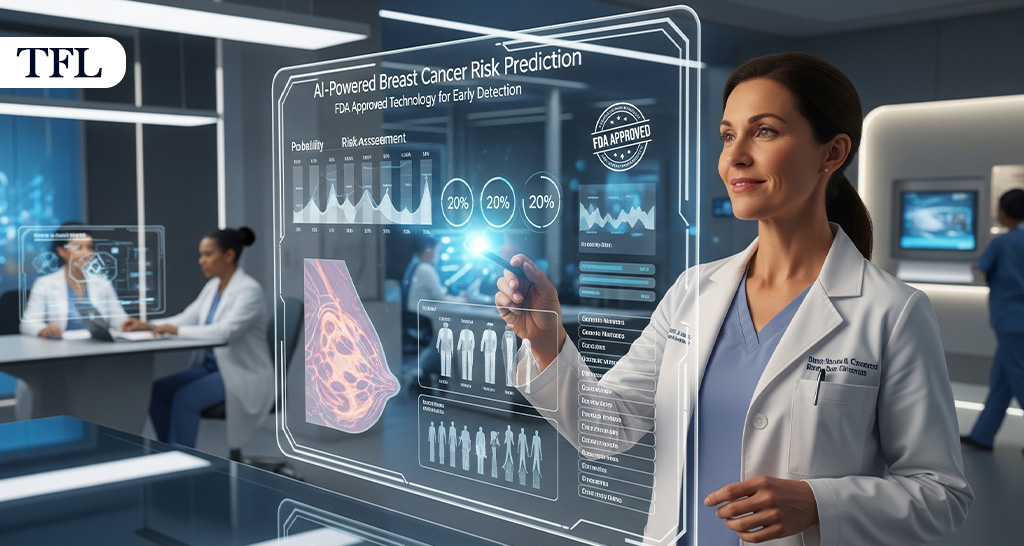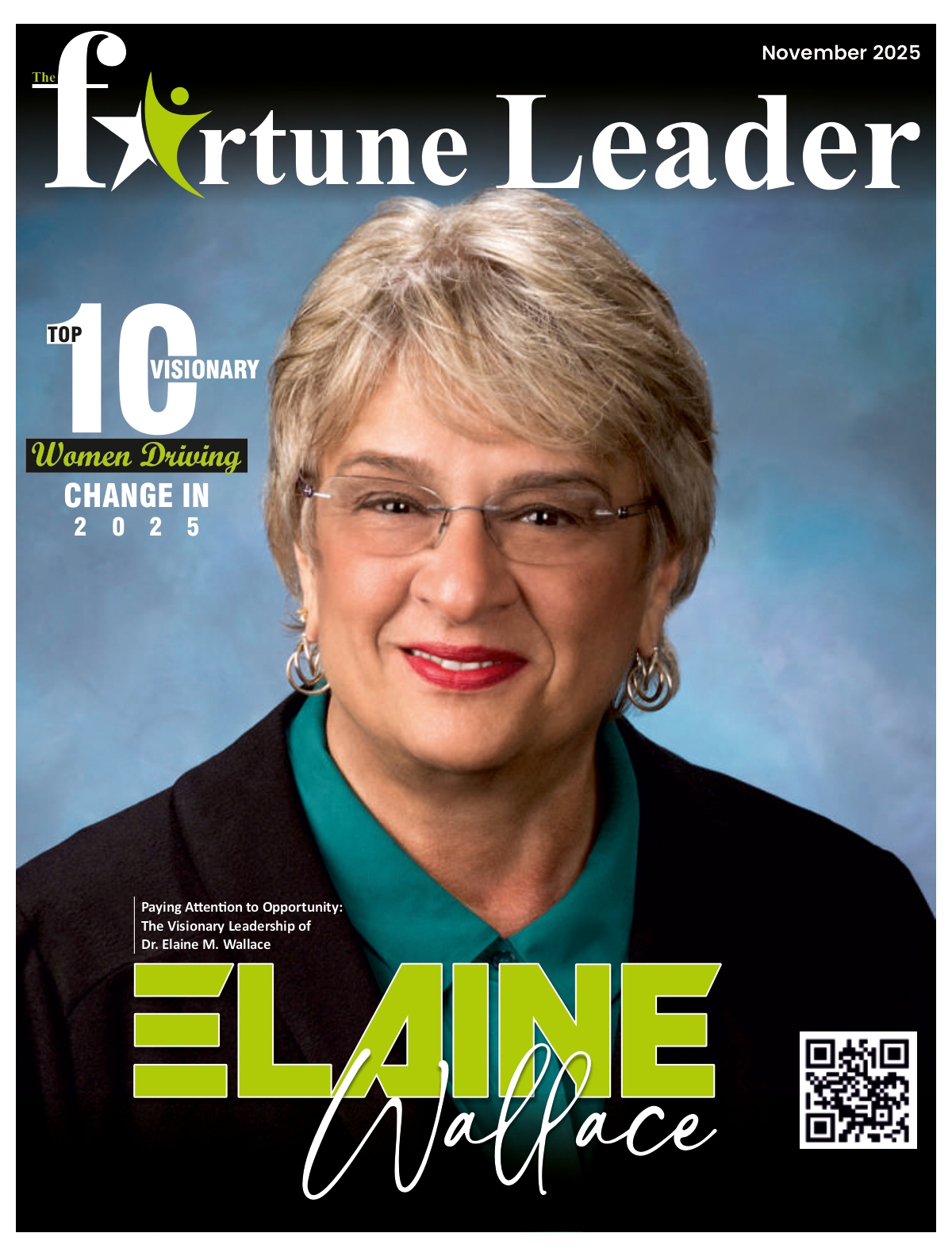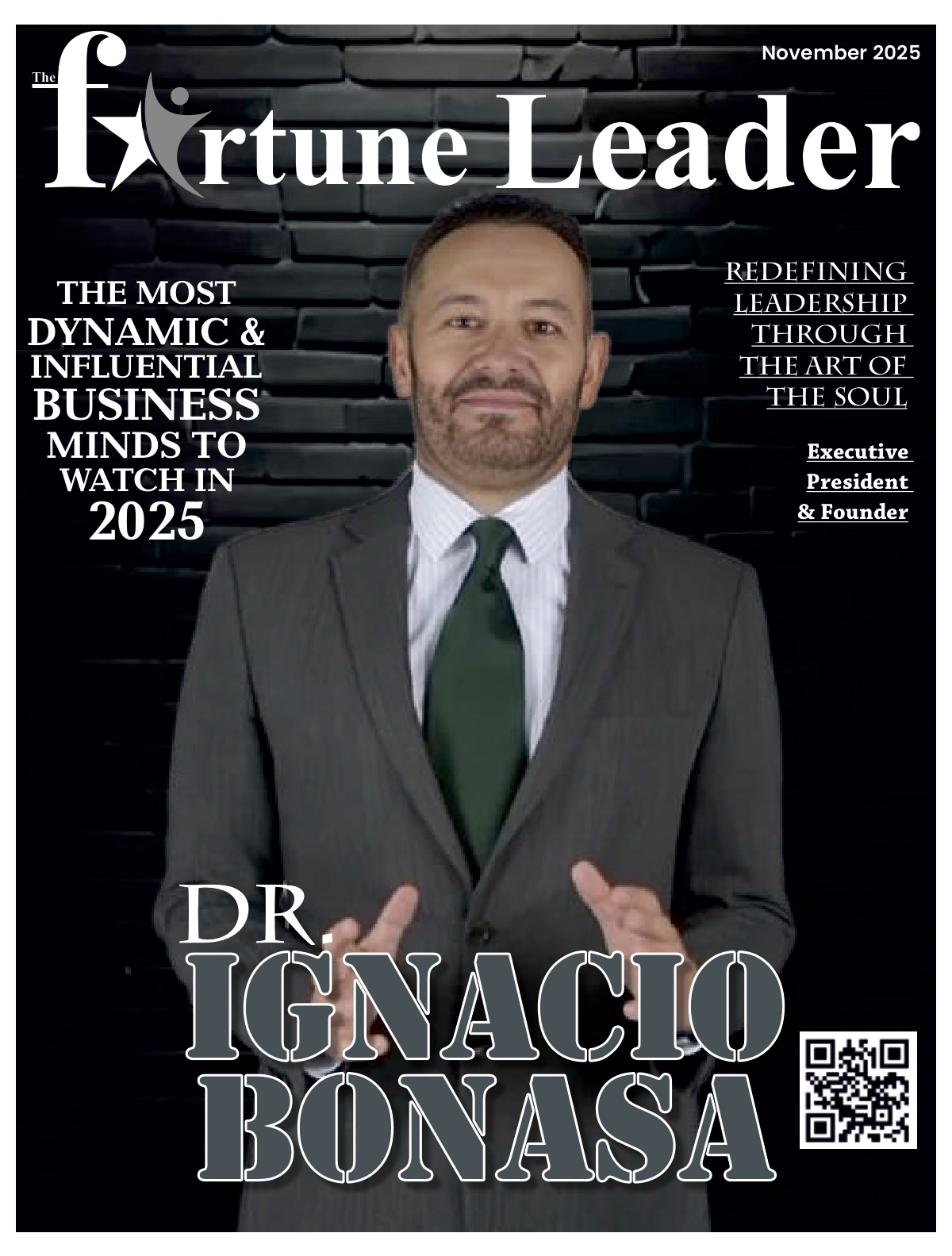The FDA granted De Novo authorisation to Clairity Breast, the first AI-powered diagnostic tool that can predict a woman’s five-year breast cancer risk based solely on a routine screening mammogram, in a historic ruling this spring. This significant achievement places Clairity’s image-based platform at the forefront of preventive care and precision oncology.
Clairity Breast generates a validated risk score that physicians can integrate into their current workflows by analysing subtle imaging features that are frequently invisible to the human eye. Strong performance across a range of demographics was ensured by training the tool on millions of mammogram images and validating it across over 77,000 exams from five geographically dispersed screening centres.
Clairity offers a proactive approach to individual risk assessment and changes the paradigm towards predictive diagnostics, in contrast to AI tools that identify pre-existing tumours. According to studies, many high-risk cases are missed by traditional models based on age or family history; approximately 85% of women who are diagnosed have no family history of cancer. By identifying high-risk patterns in otherwise normal mammograms, Clairity’s platform allows for earlier intervention.
“Advances in AI and computer vision can uncover hidden clues in the mammograms invisible to the human eye to help predict future risk,” said Dr. Connie Lehman, founder of Clairity and a breast imaging specialist. Dr. Robert A. Smith of the American Cancer Society says that incorporating AI-based risk assessment into routine screening procedures is an essential step towards earlier and more individualised preventative measures.
By the end of 2025, Clairity intends to commercially launch the software through major health systems, focussing first on upscale hospitals and imaging facilities before expanding through insurance coverage and wider roll-out tactics.
With this FDA approval, routine mammograms will become proactive instruments for individualised care, marking a significant milestone in the application of AI for cancer prevention. Clairity Breast could usher in a new era of precision medicine by significantly reducing late-stage cancer diagnoses, lowering costs, and improving survival outcomes as it becomes a part of clinical routines.












